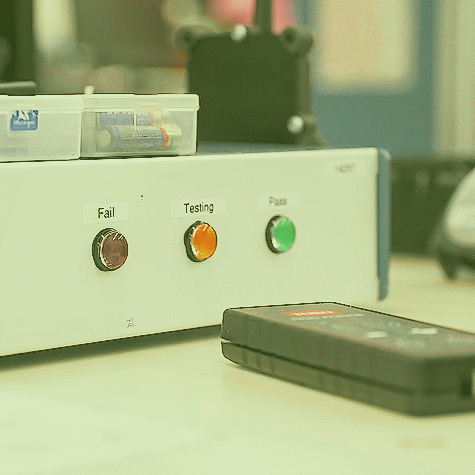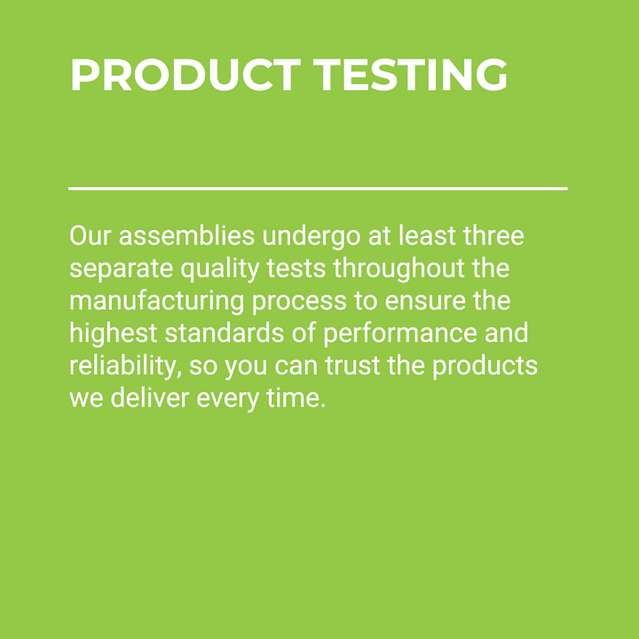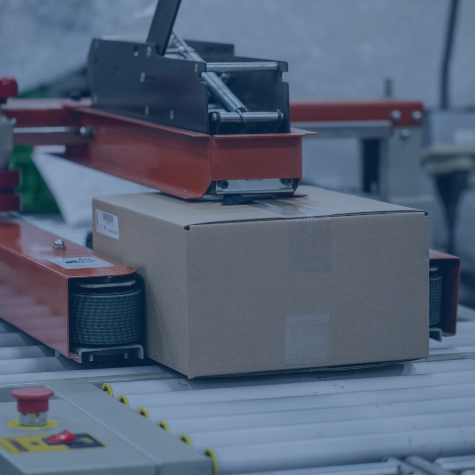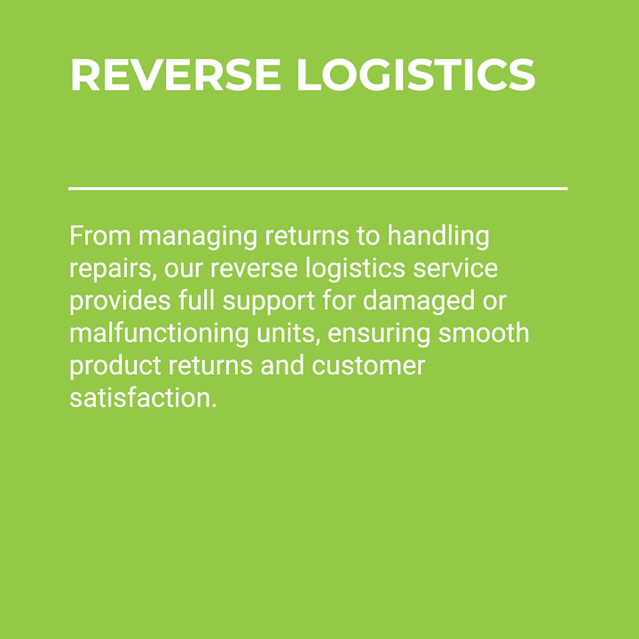As technologies in the electronics sector continue to advance, electronics are becoming more complex with smaller parts and products. Because of this, comprehensive and quality testing is becoming increasingly important. The performance of an electronic with printed circuit boards (PCBs) depends on these quality control measures.
This is especially true in sensitive and high-reliability industries such as medical, precision and industrial controls. For this reason, many original equipment manufacturers (OEMs) choose to partner with a contract manufacturer.
Knowledgeable contract manufacturers like RiverSide Integrated Solutions (RIS) offer services in PCB assembly, testing, system integration and more.
RIS has the experience to assist customers with developing and executing a robust testing program. Whether you are bringing a new product to market or optimizing an existing product, our services can help.
PCBS & ELECTRONICS TESTING
PCBs and other electronics comprise several complex components impacting the board’s overall performance. Staff test these components for faults or issues that may cause the board to malfunction or not work correctly.
In the case of PCBs, a quality testing program assesses the functionality of individual parts and overall performance metrics.
At RIS, programs inspect capacitors, resistors, transistors, diodes and fuses. They also test electrical conductivity and mechanical strength. Staff also examines board layout to ensure the various components are oriented correctly, and soldering is performed properly.
IMPROVING PERFORMANCE; ENSURING RELIABILITY
Quality testing is an integral aspect of electronics manufacturing. There is always the potential for design issues, manufacturing defects or human error during fabrication and assembly. That’s why testing is such a critical checkpoint to catch these problems.
Testing to identify and resolve quality issues is critical to the final product’s performance, functionality and reliability. The time and effort required to test the quality of an assembly is well worth it.
There are several reasons why OEMs must establish testing procedures for PCBs and other electronics. It helps reduce the potential of failure or malfunction in the field. Also, it maintains customer satisfaction and retention.
RIS PRODUCT TESTING CAPABILITIES
RIS provides full circuit board and electromechanical assembly testing capabilities – including testability recommendations, test development, and test execution.
We perform circuit board assembly testing, system-level integration testing, and thermal and mechanical stress testing, depending on product requirements.
We use assembly testing to confirm product quality and functionality to monitor the critical stages of our manufacturing process.
Specific to circuit boards, our assembly and testing services include the following test procedures:
FLYING PROBE
A flying probe test is a highly-effective method for low-volume to mid-volume production. It is also a good choice for prototypes and boards with access difficulties.
IN-CIRCUIT TEST
RIS boasts incorporated functional in-circuit test software and in-system component programming. We can probe PCBs to examine shorts, opens, resistance, capacitance and other detailed information about the assembly.
MANUFACTURING DEFECT ANALYZER
A manufacturing defect analyzer (MDA) is a secondary in-circuit test. The MDA is a diagnostics tool to reveal defects in manufacturing and components.
FUNCTIONAL TEST
Designed and built in-house, RIS’s functional test software assesses the functionality of an application. Each assembly’s results and case information are based on its software. Our test system capabilities include C++ programming and Visual Basic.
BURN-IN CHAMBERS
Our burn-in chambers place assemblies into service simulation that forces failures to occur. They are capable of temperature and humidity cycling, environmental stress screening and product life assessment.
This test reveals weaknesses and load capacities. It is especially effective in evaluating the reliability of high-density semiconductor devices. This includes burn-in printed circuit boards and large-capacity screenings.
AUTOMATED OPTICAL INSPECTION
Our AOI machines test boards and panels to communicate errors quickly, consistently and accurately to the operator. Our AOI systems are employed on the front end of the assembly process. This allows us to catch issues before rework becomes more time-consuming.
About RiverSide Integrated Solutions:
RIS is an advanced contract manufacturer providing robust solutions in circuit board assembly and product assembly. We employ more than 350 people and provide services to OEMs worldwide. We operate two state-of-the-art manufacturing facilities within the US.
With all of the choices in contract manufacturers out there, we know it can be challenging to find someone who understands your business model and has your best intentions in mind. RIS has always proven to be a win-win-focused relationship.
As your one-stop shop, we have the capabilities, capacity, quality assurance standards and resources to support all of your manufacturing needs. We understand that supply chain management is complex and very time-consuming, so we urge our customers to utilize us in the fullest capacity.
Our total-package solutions include:
- Dedicated Program Team
- Extensive supply-chain network for efficient parts procurement and kitting
- Subassembly and full box-build
- Warehousing and drop-shipping capabilities
- Reverse logistics
- Flexible order fulfillment
- Scalability to meet your needs
Contact us today at (507) 523-3220 to see how we can help with your manufacturing project, or click contact us for a quote.












